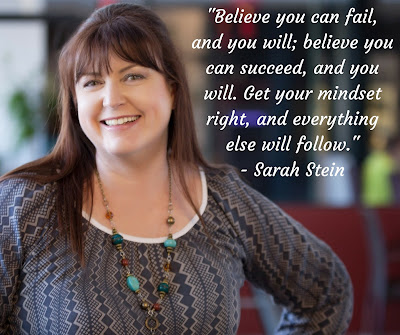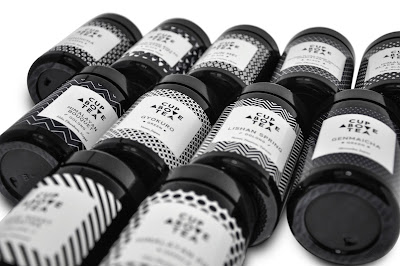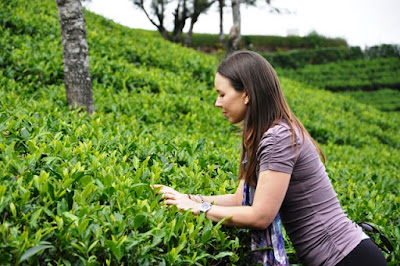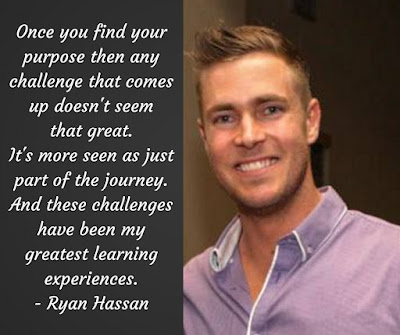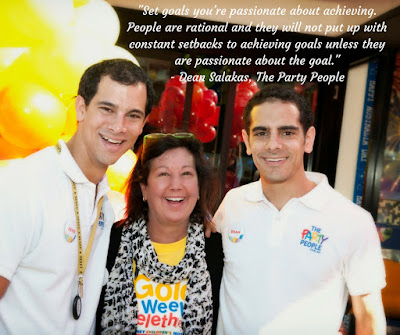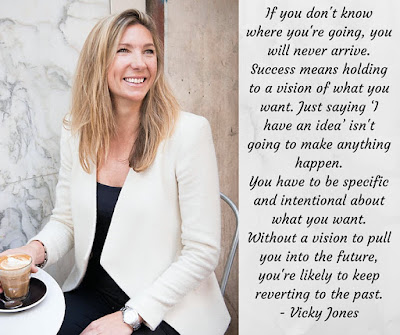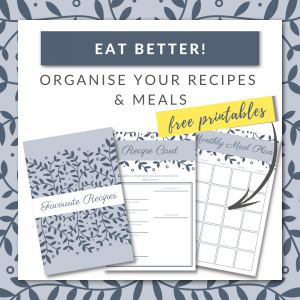Sarah has been through a lot over the last few years, but what hasn’t changed is her vision and determination to work from home and raise her children. Even when her journey didn’t follow the path she expected, Sarah has remained positive and made the most of the opportunities presented to her, which have made her the successful business owner she is today. This is her journey so far…
1. Tell us your story:
I was working full time for an international relocations company. I loved my job – I met my husband, Jason, while working there, and was going to stay there forever! Our plan was to have a baby and I’d go back to work while Jason stayed at home and looked after the kids. He had it all worked out too – he’d get the kids ready in the morning, do the washing and the housework, and be on the golf course by mid-morning with his specially made golf buggy/stroller.
A few months after getting married I got pregnant but unfortunately had a miscarriage. As devastating as that was, it didn’t change our plans; a couple of months after that my sister-in-law lost a 5-week old baby to SIDS. That turned my world upside down!
2. How did you identify the goal/s you wanted to achieve?
I identified that I wanted to work full time, but I wanted to be at home with a baby too. The only way that I could see that I could have my cake and eat it too, was to be able to work from home. So I approached my boss and said that I planned to get pregnant again and have a baby, and I’d like to be able to work from home, so let’s put things in place now to make that happen. He said absolutely no way, that couldn’t possibly work.
Still feeling the devastation from the loss of my baby niece, I was quite tunnel visioned in my quest. The next day, just short of long service leave, I handed in my resignation.
My family and friends said that I was crazy and it would take at least three years for my business to take off. It was at this point that I began to get scared! So I got a part time job as a court reporter for three days a week, and the other two days in the week I spent working on my business.
I had a very clear picture of me working from my home office with my bundle of joy sleeping soundly beside me – it was the in between that was a little fuzzy!
3. How did you work towards achieving your goal – did you have a plan and a deadline to achieve your goals?
Fully expecting to be a court reporter for three years, I resigned from that job and went full time in my bookkeeping business after only eight months, when I had 50 clients. Within 12 months of that I hired my first full time bookkeeper, and in another 12 months there were more staff and we were working out of commercial premises. This was achieved through a lot of hard work – developing relationships with businesses and strategic alliances, creating systems so that I wasn’t reinventing the wheel each time and could handle the work flow.
Five years into my business, and after five years of fertility treatments, I was finally pregnant and carried a baby to term. My friends and family were again quick with the questions – how was I possibly going to run my business, manage my staff, have a baby, and not have a nervous breakdown in the process? Their concerns were understandable – I’d barely changed a nappy in my life and was a little concerned about my bundle of joy’s arrival. I jokingly insisted that it would be okay because I’d scheduled my due date in my diary, and the baby was going to fit nicely into my diary too. Funnily enough, baby Zac did arrive on his due date, and he just about did fit into my diary after that.
4. What was the biggest challenge you encountered along the way?
During the time I was pregnant, my father had a terrible motorcycle accident in New Zealand. I travelled to be with him 6 times in the 6 months before he passed away.
I had some business planning to do through my pregnancy too. My employee bookkeeper was also pregnant and she was leaving to be a stay at home mum. So how was I to run my business with my own baby? I restructured my business to work completely remotely rather than travel to clients premises, I put systems in place so I could access their information remotely and work from my home office around baby. This meant that I could work my own hours, and it opened up my business to clients who weren’t just within my driving circle.
Then I started looking for contractors to help me – I wasn’t superwoman, after all! What I found was dismal! The bookkeepers I interviewed were sloppy, uneducated, and didn’t consider themselves in business at all – this was before the BAS Agent legislation came into being and a lot has changed in the industry since then. So it got me thinking – how can I help train bookkeepers so they can run a great systematised business like mine, how could I help other mums get started in their own business while working around their family commitments, and in the process, develop some great bookkeepers who could assist each other in times of need or when they wanted to take a break from their business. So I developed Miss Efficiency Franchising and within a few years had up to 14 franchisees across Australia.
2010 was a particularly challenging year – Jason broke his arm in January, a very bad break that left him not working, and consequently not earning an income; I had a (very difficult) baby in February, and Jason had a massive heart attack in April. This was an extremely difficult time emotionally, and even with these extreme events I still had a toddler to take care of, as well as a sick baby and husband, and a business and house to run. Were it not for the tremendous relationships I’d developed with my clients and accountants, and the excellent systems that had been developed, which included my franchisees, both my business and I would undoubtedly have collapsed in a heap. But we didn’t – it was just another obstacle to overcome, which we did.
It turns out that franchising isn’t for me, but during the time it was running we had helped people develop their bookkeeping business to work around their own personal goals. The franchise business was closed down, and the franchisees were free to continue on their own.
My passion is helping business owners with their business, through empowering them around their accounts. But what I’ve seen is many business owners have their own passion, and this can get lost when the reality of business hits, they get overwhelmed and burdened, and wonder why they bother. So I’ve written a book that tackles exactly that, called “Wow … I’m in Business!” The book is designed to help business owners re-engage with their business passion, get through the overwhelm, and put systems in place to move their business in the direction they want it to go. This has created opportunities for me to present my ideas to business owners, and the light bulb moments that I’m seeing are spectacular!
My children are now in primary school. I work from a purpose built office at home (outside the house) and my routine is such that I can work in the early hours before they rise, then I revert to ‘mum mode’ before school, work during the day, and back to ‘mum mode’ after school. This enables me to get enough working hours into my day, be there for my children before and after school, and also have some time to myself and with hubby in the evening. We schedule a 3-day camping weekend once a month and take that time to reconnect as a family (let’s face it, things can be pretty hectic during the week just going through the motions), and get away from the business to recharge.
The biggest challenge I’ve had to overcome in my business is learning that it doesn’t matter how good I am at bookkeeping, I have to be a great (or better) business person. It’s not good enough to just get on the tools, get the numbers crunched and the BAS lodged. I need to nurture my business, my clients, and myself, and everything else will follow.
5. What inspires you and keeps you going when you encounter obstacles?
I’m inspired by people who are out there making their own dreams come true. When I see people start to get overwhelmed in their business, I love to be able to help them with strategies to get through it and keep their business moving. When I come up against my own obstacles, I just look at my children – they are my driving force. I want to instil in them that you can do anything you set out to achieve; that hard work and persistence pays off; that it’s possible to do something that you’re passionate about and love what you do!
6. What advice do you have for anyone wanting to achieve a goal?
My advice to anybody who’s got a goal and isn’t quite sure how to reach it:
– Write down your goal – this makes it tangible
– Draw yourself a road map of how you’re going to get to your destination
– It doesn’t matter if the path changes, as long as you’re continually moving forward
– Believe you can do it – and you will!
7. What are the next goals you hope to achieve?
My book was released this year and from that I’ve secured a few speaking engagements. This is a very different area to bookkeeping, and I’m loving it! I’m passionate about my subject (overcoming the overwhelm) and love helping others in their business. My goal this year is to reach more people with my message through presenting at business events.
I’ll leave you with these final words – believe you can fail, and you will; believe you can succeed, and you will. Get your mindset right, and everything else will follow.



